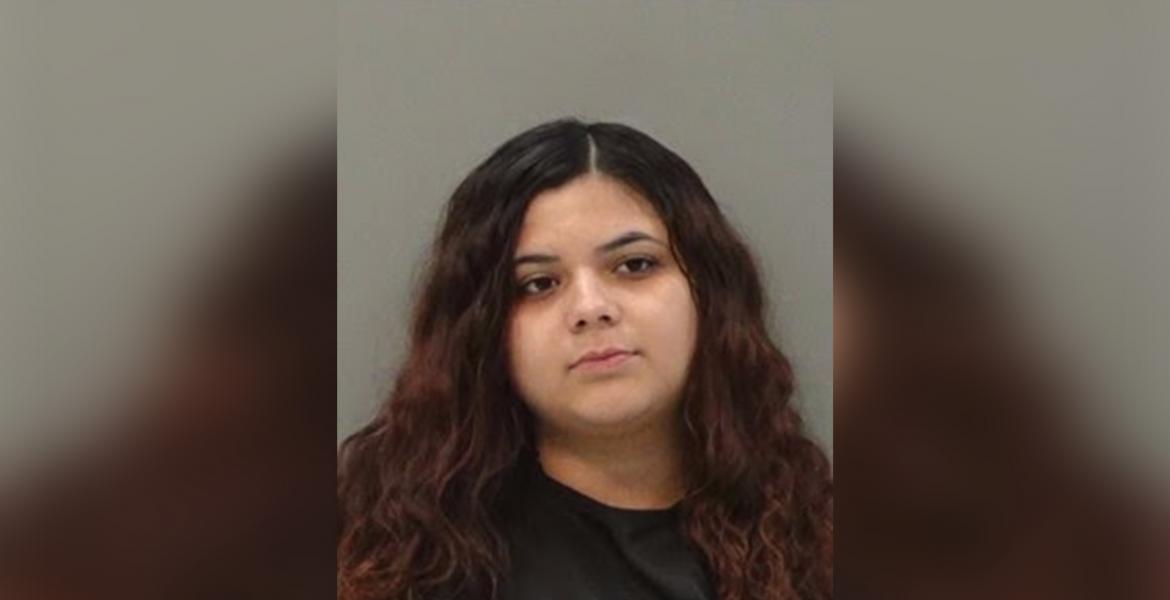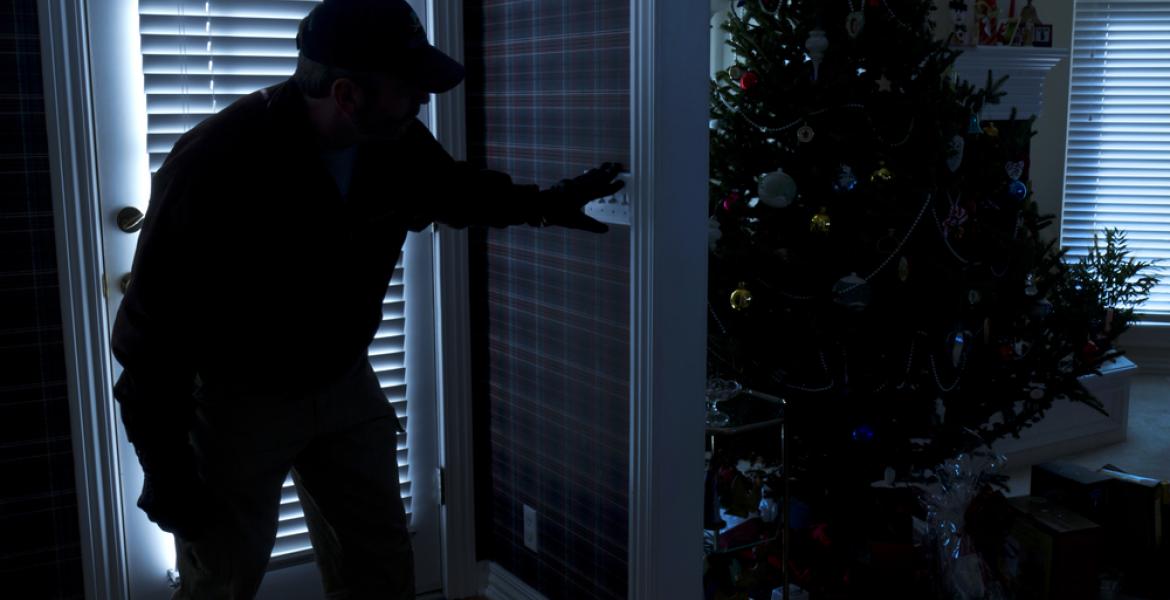The death penalty trial of Isidro Delacruz will likely be pushed back closer to the two-year anniversary of his alleged victim’s murder, as the defense team announced on Friday that their investigation is severely lagging.
A motion for continuance was filed by Lubbock defense attorney Robert Cowie on Oct. 7; that motion and two others were discussed before 119th District Judge Ben Woodward on Friday afternoon.
Calling 29-year-old Mitigation Specialist Seth Starkey to the stand, Cowie made his case for a September 2016 trial start. Starkey, a former journalist who is now investigating Delacruz’s background to find witnesses, evidence and information that may be used during the punishment phase to dissuade a jury from seeking death, estimated that less than a third of the 300 interviews he needs to do for the case have been completed.
Starkey was assigned two days after the murder on Sept. 4, 2014, and estimated that he has put in approximately 1,000 hours of work on the case over the past year, but still needs to locate and interview nearly 200 witnesses and obtain records to provide a setting for Delacruz’s historical story. That information, he testified, would most likely provide significant information needed at trial.
After Cowie had elicited his responses, 51st District Attorney Allison Palmer tore Starkey apart. In response to her rapid-fire questions, Starkey struggled to estimate what percentage of his work is dedicating to record cultivation and interviewing, and was hesitant to relay what form of records he was attempting to obtain. He admitted that in many instances no subpoenas had been served and offered that he had made several diligent attempts to reach interviewees on multiple occasions, to no avail. The information, he said, was relevant to illustrate the life and background of Delacruz, but could not say whether any of those items would be directly admissible as evidence in the punishment phase.
“So you’ve made a relevancy [determination]?” Palmer shot at him, then proceeded to say that was a task better suited for a judge. “Isn’t it true that all the remaining information…is anecdotal…” she pressed, questioning whether he hoped to find any evidence vital to the trial. He maintained the importance of his work.
When Palmer had finished, Cowie noted before Judge Woodward that no final DNA analysis results had been returned from the DPS, while Palmer added that there has been a new calculation used in the analysis of samples containing DNA from multiple sources, as many of those in the Delacruz case are. Palmer said she did not agree with many of the reasons Cowie wanted to push back the trial, but said that due to the issue with the evidence, she couldn’t advise against it.
Judge Ben Woodward said he would need to contemplate the matter further and did not make a determination on Friday. The defense is seeking to hold the trial in September 2016; the state hopes to hold it sooner.
In the meantime, the defense has been asked to prepare a list of some 37-38 previously named individuals for whom they are seeking extensive background records to show their relationship to Delacruz so that the judge may assess relevancy. Palmer noted that in some of those cases, Cowie is looking for things like CPS records dating back to the ‘60s, and given the sheer number, could be questionable.
“It would be our position that there be some sort of threshold showing the relevance,” Palmer said. The judge agreed.
Records for Delacruz, the victim, 5-year-old Naiya Villegas, and her mother, Tonya Bermea, have already been obtained. The defense is also seeking personnel files on the Tom Green County Sheriff’s Office and San Angelo Police Department personnel involved in the response and investigation of the little girl’s murder.
For more on the Isidro Delacruz case and its progression through the courts, click here.
Subscribe to the LIVE! Daily
Required






Post a comment to this article here: